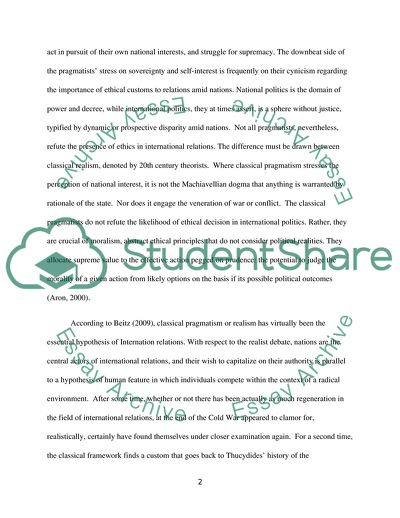Cite this document
(The Main Features of the Realist Perspective of International Essay, n.d.)
The Main Features of the Realist Perspective of International Essay. Retrieved from https://studentshare.org/politics/1801742-what-are-the-main-features-of-the-realist-perspective-of-internatuional-relationshow-persuasive-do-you-find-this-view
The Main Features of the Realist Perspective of International Essay. Retrieved from https://studentshare.org/politics/1801742-what-are-the-main-features-of-the-realist-perspective-of-internatuional-relationshow-persuasive-do-you-find-this-view
(The Main Features of the Realist Perspective of International Essay)
The Main Features of the Realist Perspective of International Essay. https://studentshare.org/politics/1801742-what-are-the-main-features-of-the-realist-perspective-of-internatuional-relationshow-persuasive-do-you-find-this-view.
The Main Features of the Realist Perspective of International Essay. https://studentshare.org/politics/1801742-what-are-the-main-features-of-the-realist-perspective-of-internatuional-relationshow-persuasive-do-you-find-this-view.
“The Main Features of the Realist Perspective of International Essay”. https://studentshare.org/politics/1801742-what-are-the-main-features-of-the-realist-perspective-of-internatuional-relationshow-persuasive-do-you-find-this-view.


